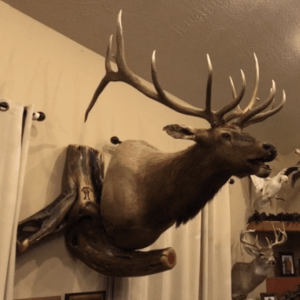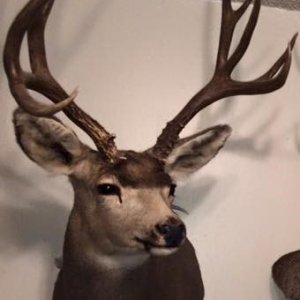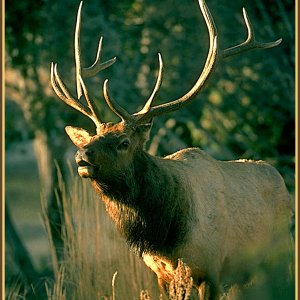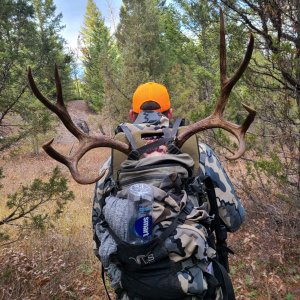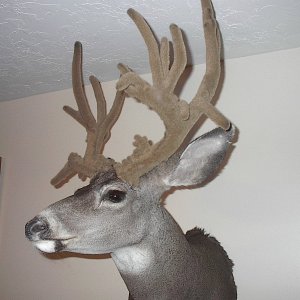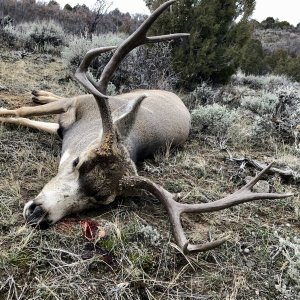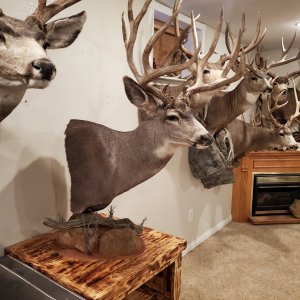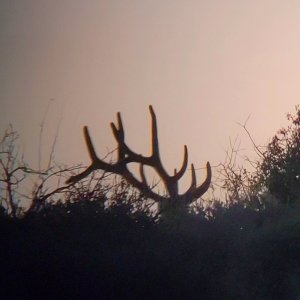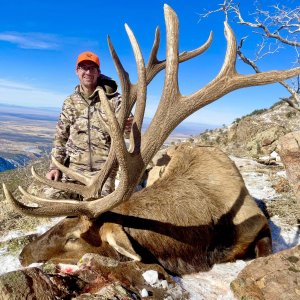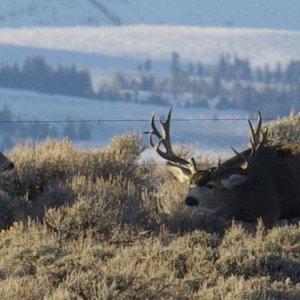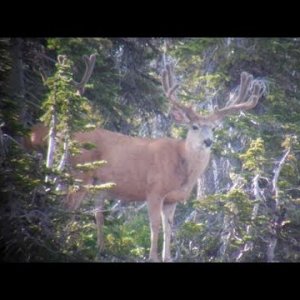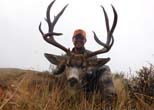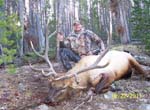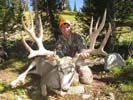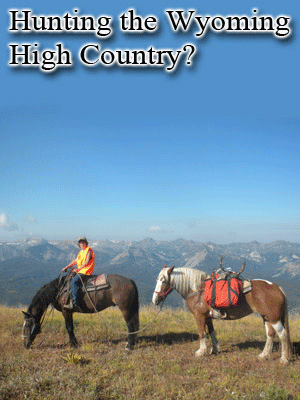LAST EDITED ON Dec-23-17 AT 01:40AM (MST)[p]Here is a link to the White Paper referenced in the September meeting.
https://drive.google.com/drive/folders/0BzToc_2hBQJ-SHJuTmlrMFVvODg
of interest:
Several retired Game and Fish employees were interviewed to obtain their perspectives regarding prior efforts to modify the nonresident elk license allocation. Those employees (Terry Cleveland, Harry Harju, Kent Schmidlin, Doug Crowe, and Walt Gasson) recounted the issues they encountered and offered some cautions and advice.
Summaries of the interviews are provided as Appendices 5 and 6.
The most salient points from those interviews are summarized below:
1. Historically, resident hunters have strongly opposed to the idea of increasing nonresident elk quotas. Public meetings often became very contentious when those proposals were presented.
2. Any effort to increase nonresident elk quotas will fail without support from resident hunters.
3. Nonresidents are most interested in hunting bulls. Therefore, an increase in the nonresident elk quota will place more pressure on the bull segment. The Department should carefully evaluate whether this will be sustainable, especially in light of increasing populations of large carnivores in the State.
4. The Department should also consider potential impacts on bull quality.
5. The Department should evaluate where nonresident hunters are hunting. An increase in nonresident quotas will likely place more hunters in public land areas resulting in disproportionate increases in crowding.
6. Elk are dramatically impacting mule deer habitat. The need to manage elk populations at current objectives is a more important issue than just dealing with nonresident quotas.




